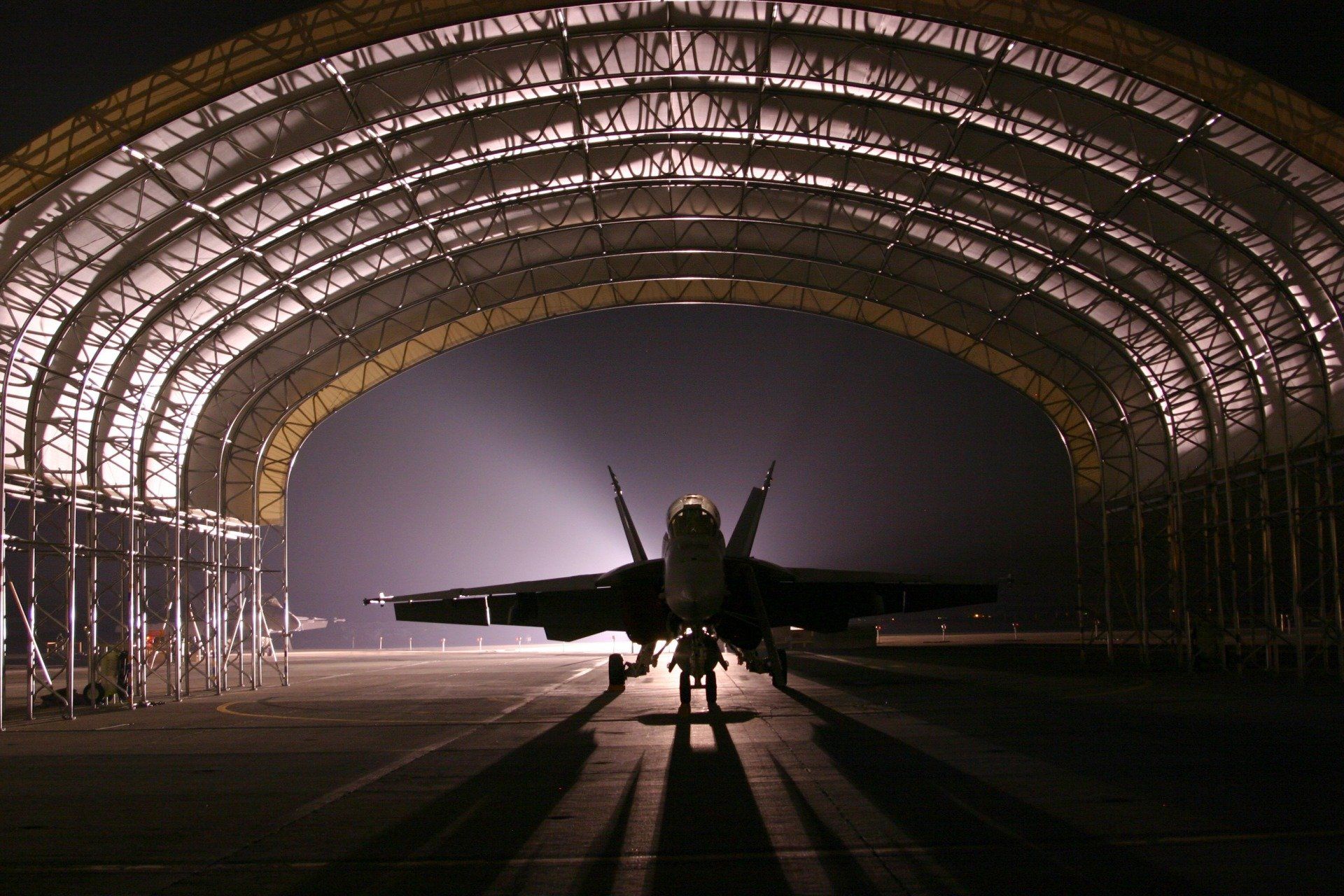Exploring the Critical Applications of CNC Machining in the Military and Defense Industry
Computer Numerical Control (CNC) machining is a practice that has evolved alongside the needs of the military and defense industry. This machining method depends on computer-controlled arms with 3, 5, or 9 axes to provide a high degree of accuracy without risking the integrity of materials.
CNC machining for military and defense benefits the industry significantly by meeting intricate designs and providing the necessary dependability. Even though CNC machining is available in various industries now, military applications were one of the earliest adopters of this milling technology.
So, keep reading to learn more about the history of CNC machining, common defense applications, and challenges to be aware of.

Background of CNC Machining in the Military and Defense Sector
CNC machining has played a crucial role in the military and defense sector for decades. The initial development of CNC machining technology began after WWII, primarily driven by the need for increasingly complex parts without sacrificing durability. The United States military was one of the first to adopt CNC machining for military components such as weaponry, aircraft, and other defense equipment.
CNC machining became more sophisticated and versatile as other technologies evolved and advanced. Integrating Computer-Aided Drafting (CAD) enabled more complex design, and CNC machining kept advancing to keep up.
More recently, advancements in automation and robotics have enabled
CNC machining services with minimal human intervention, resulting in increased efficiency and a lower risk of errors.
Benefits of CNC Machining in the Defense Sector
Now, CNC machining provides a range of potent benefits that are critical for defense applications. Some of these benefits are:
- Consistency and precision: CNC machining offers a high degree of precision and the capability to reach tight tolerance consistently. Military and defense applications require consistent results, making CNC an ideal machining method. What makes military grade components last longer? Consistent precision and durability.
- Customization: Custom CNC machined parts are crucial and common for defense applications. New weaponry and equipment are constantly being developed, so being able to machine entirely novel parts is critical.
- Efficiency and speed: CNC parts manufacturers are able to provide fast turnaround without sacrificing dependability or precision. Efficient and on-schedule manufacturing is vital for everything from prototyping new equipment to mass production.
- Cost-effectiveness: Each of the above benefits translates to more efficient manufacturing, directly resulting in less waste and cost-effectiveness. Defense manufacturers can benefit from durable machining without an over-inflated price.
The above benefits are why military CNC machining services have become the standard for many complex parts in the industry.
Key Applications of CNC Machining in Military and Defense
How are military components made? While some components can be made with other machining methods, complex designs with tight tolerances are often made with military CNC machining.
So, let’s explore a few applications of CNC machining to demonstrate why it’s such a common choice:
- Aircraft components: There are several complex components in aircraft that require a high degree of precision and durability. CNC machining is capable of meeting these demands, so the final product is ready to meet the intense demands of high speeds and high altitudes.
- Firearm manufacturing: Every component in firearms plays an essential role in its capabilities. CNC gun milling tools are able to consistently produce the necessary results for the overall functionality of the firearm.
- Naval applications: CNC defense machining is able to manufacture dependable parts necessary for naval and submarine vessels. Defective or subpar components can quickly create life-threatening conditions, making CNC machining critical for many of these parts.
- Communication and surveillance equipment: The fields of communication and surveillance have grown rapidly in the past decade, resulting in more intricate designs. Drones, radar systems, and satellite components can benefit from military CNC milling to meet the evolving demands of these technologies.
Other applications throughout the defense sector opt for CNC machining for similar reasons — it’s capable of taking on intricate designs without sacrificing durability.
Challenges and Solutions in CNC Military Machining
Military and defense organizations face unique challenges when working with a CNC military machine shop. It’s crucial to choose a vendor capable of meeting your needs well beyond the basics of staying on time and on budget.
Let’s break down some of the challenges you may encounter and how the right shop will overcome them.
Providing Rapid Prototyping and Flexibility
New weaponry and defense equipment are constantly being developed. The right parts machining provider will be able to support rapid prototyping and then be ready to move into full production.
It’s important to find a provider that’s able to provide prototyping for military precision components that will be the same as production environments. The provider's reputation and certifications will indicate they can solve this challenge.
Confidentiality Security Concerns
Military and defense contractors often require a high degree of confidentiality, and a violation may even risk national security.
It’s critical to put in the time to perform due diligence to avoid having a security issue. Working with a machining parts manufacturer with the proper certifications and reputation will help alleviate these concerns.
Meeting Regulatory Compliance Standards
The defense sector is typically subjected to multiple compliance standards that must be met. Whether looking for a vendor for CNC machine for gun manufacturing or aircraft components, finding a partner who understands these standards is critical.
Depending on the specific requirements, you may also be required to work with a machining partner who has specific certifications. Understand your requirements and make sure your chosen CNC machining partner can meet them.
Future Trends and Innovations
What does the future hold for CNC machining? Since CNC machining is inherently tied to computer technologies and robotics, we expect the near and distant future to see even more improvements in this machining method.
Some of the future trends we expect to shape the industry include:
- Integration of advanced robotics: Robotics are inherently connected to CNC machining. As robotics advances overall, those evolutions will benefit CNC machining. Current CNC equipment is more advanced than ever, but we’re still excited to see what the future holds.
- Greater utility of Artificial Intelligence (AI) and Machine Learning (ML): CNC machining is a perfect match for the latest advances in AI and ML. GN Corporation has already explored several applications of leading-edge ML models throughout our process. We’ll be at the forefront of exploring CNC applications of future advances in these technologies.
- More utility of additive manufacturing: 3D printing, also known as additive manufacturing, has tremendous potential to add more excellent utility to CNC machining. We’ve seen some of this utility already, and we’ll be exploring new use cases as additive manufacturing advances, especially with custom CNC parts.
Undoubtedly, more trends and innovations will shape the future of CNC machining, and we’ll always be exploring how they can improve our services.
Certified CNC Machining is Critical for Military and Defense
The defense sector cannot risk having defective or fragile components — every component must meet precise requirements and have the durability to stand up to extreme conditions. That’s why CNC has become the gold standard for precision defense services.
However, you need to work with a CNC machining provider with the experience, certifications, and reputation to meet your strict requirements.
GN Corporations has many years of combined experience in the military and defense sector. Are you looking for an
ISO-certified manufacturing partner?
Contact our experts
and learn more about how we can support your production process.






